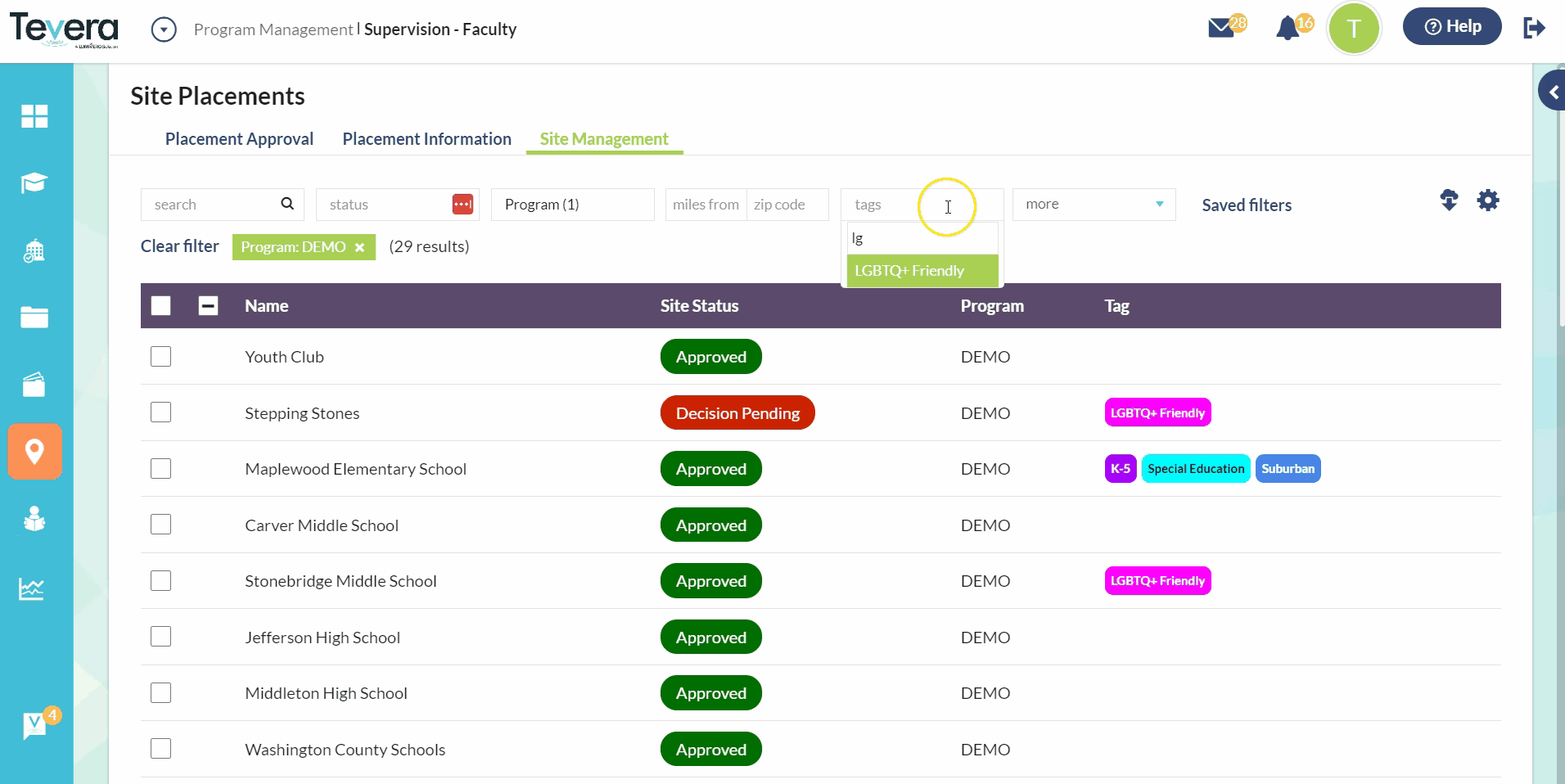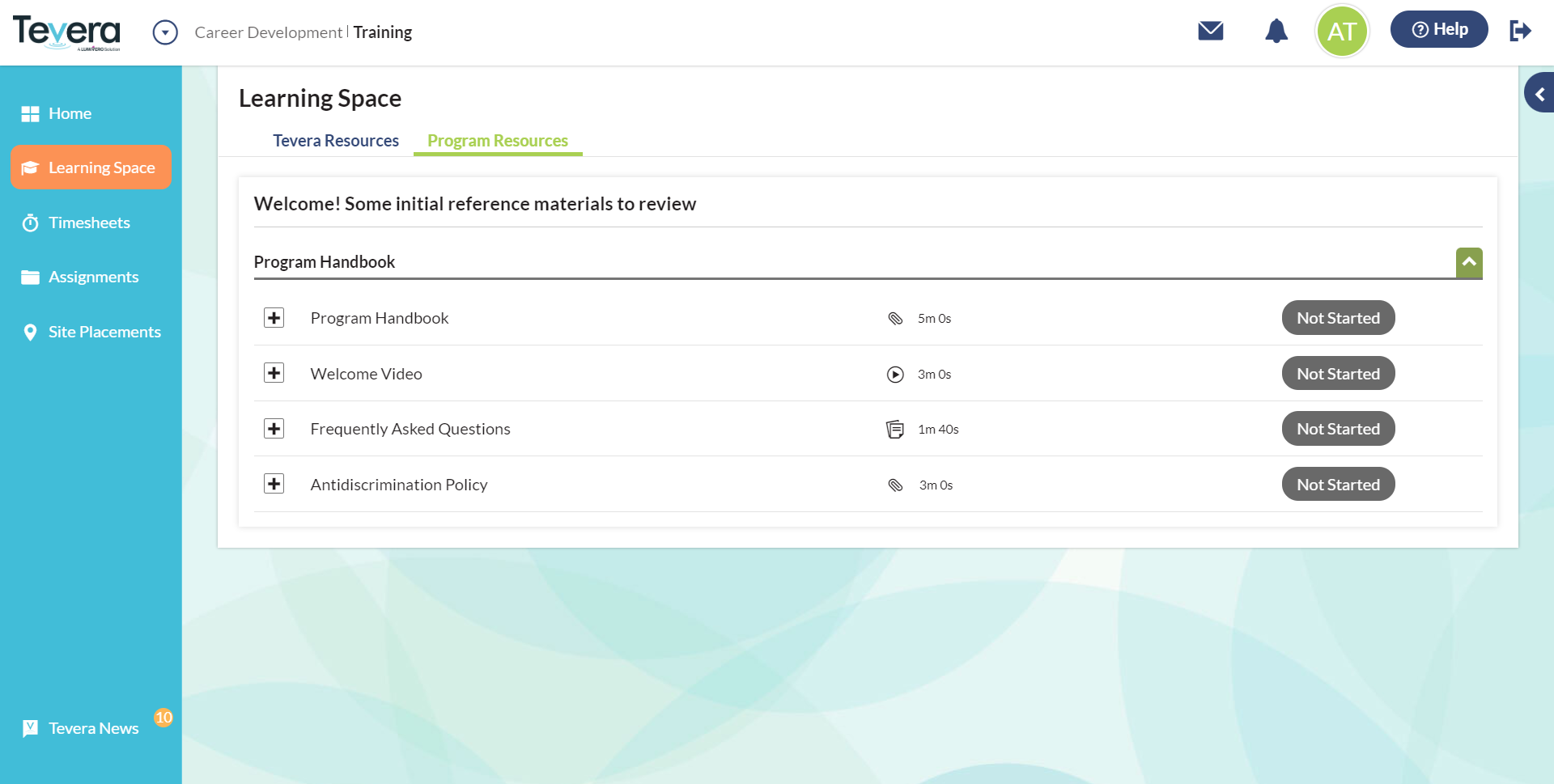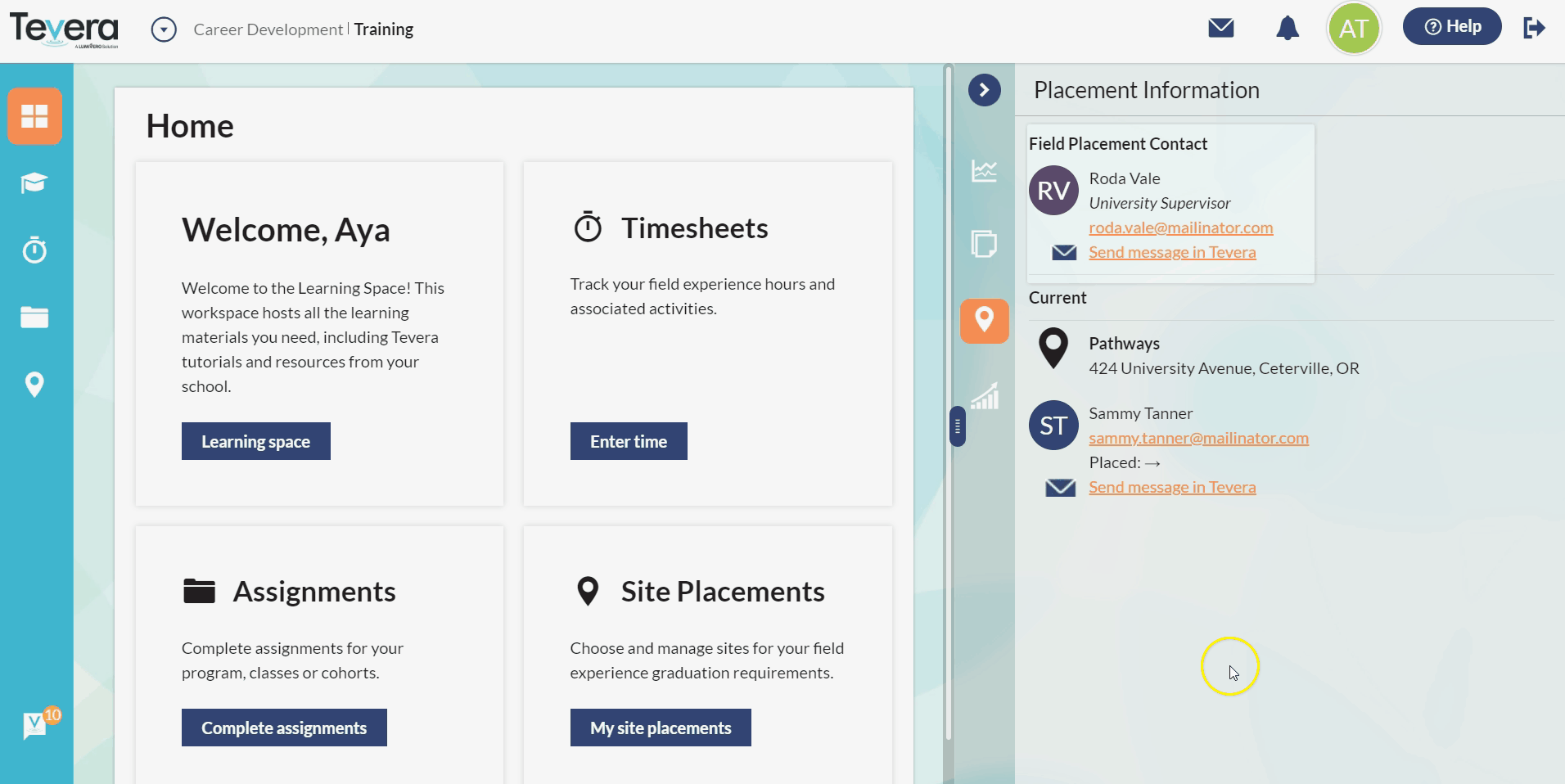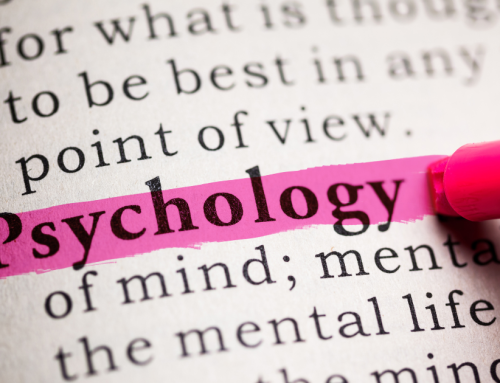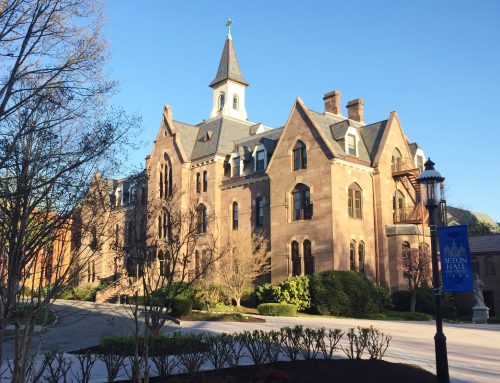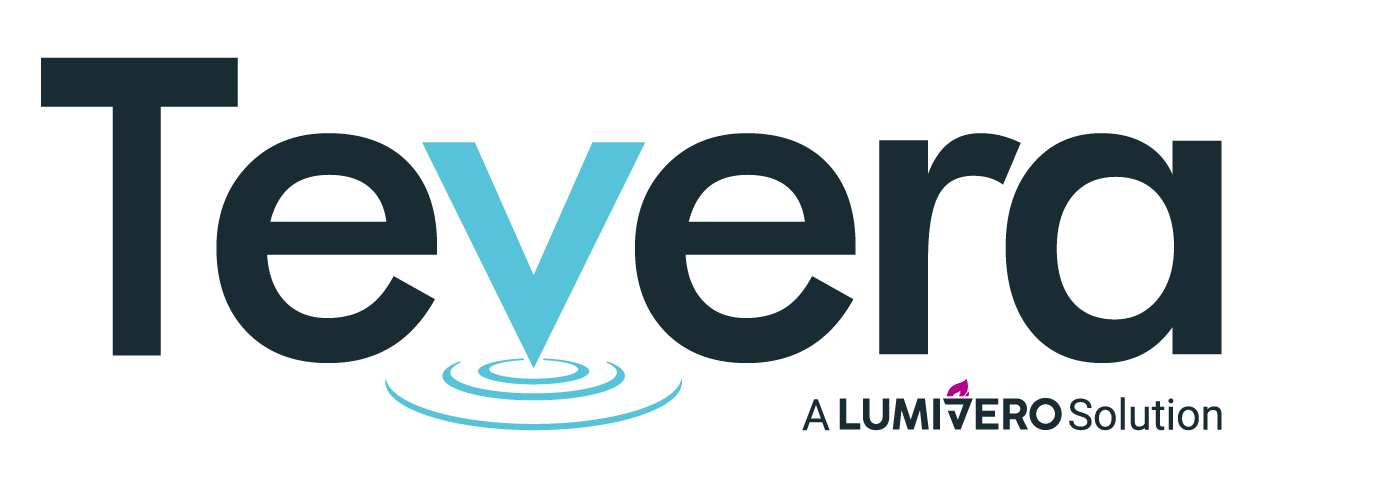Ensuring Positive and Supportive Field Experiences for LGBTQ+ Students: A Guide for Deans and Program Chairs
As educational leaders and software vendors supporting college programs, it is our responsibility to create an inclusive environment that caters to all our students’ needs, including those who identify as LGBTQ+. This extends to field experiences, which are critical components of many college programs. These experiences provide students with practical, hands-on exposure to their chosen fields and can often serve as a springboard to the type of career opportunities they are working to achieve. For that reason, extra attention needs to be given to ensure that their experiences are positive.
Key Strategies
Here are some key strategies program administrators, deans, and chairs can adopt to ensure that the field experience is positive, supportive, and conducive to future career opportunities for LGBTQ+ students:
Prioritize Inclusive Partner Selection
When establishing partnerships for field experiences, actively seek organizations that value and practice inclusivity. These partners should have a track record of LGBTQ+ support, including non-discrimination policies, diversity training programs, and a culture that celebrates diversity and inclusion.
- Research potential partners’ diversity and inclusion policies and their history of support for LGBTQ+ rights.
- Include questions about diversity and inclusivity in partnership agreement discussions.
- Regularly review and reassess partner organizations to ensure they remain committed to inclusive practices.
Equip Faculty and Staff with Necessary Training
Your faculty and staff are the first line of support for students. Providing training on LGBTQ+ issues can help them better understand and address the unique challenges these students may face. This training can equip them to act as effective allies and advocates, creating a safer and more inclusive environment for all students.
- Arrange comprehensive training sessions on LGBTQ+ issues, inclusive language, and bias reduction for faculty and staff.
- Include LGBTQ+ topics in ongoing professional development opportunities.
- Encourage staff to participate in ally programs and display symbols of allyship.
Advocate for Strong Anti-Discrimination Policies
Encourage your educational institution to implement and enforce strong anti-discrimination policies that protect LGBTQ+ students. These policies should extend to all aspects of the educational experience, including field experiences.
- Review existing institutional policies to identify gaps in LGBTQ+ protections.
- Advocate for policy changes to the board or other decision-making bodies.
- Implement procedures for reporting and addressing instances of discrimination during field experiences.
Foster a Culture of Open Communication
Establish a culture that encourages students to communicate their needs, fears, and experiences. This open line of communication can help you identify potential issues and intervene appropriately. It also sends a message to students that their concerns are taken seriously and that their well-being is a priority.
- Establish clear communication channels for students to express concerns or needs.
- Regularly solicit feedback from students about their experiences.
- Respond to feedback in a transparent and timely manner to show students their voices are heard.
Develop a Support System
Create a support system for LGBTQ+ students that includes counseling services, support groups, and mentoring programs. This support system should be available not just on campus, but also extend to field experiences.
- Establish an on-campus resource center for LGBTQ+ students.
- Provide virtual resources and support for students while they are on their field experiences.
- Connect students with community resources and networks for additional support.
Recognize Intersectionality
Understand that LGBTQ+ students are not a monolithic group. They have diverse identities that intersect with their sexual orientation and gender identity, such as race, ethnicity, religion, socioeconomic status, and disability. Recognize these intersectionalities and how they may impact each student’s experience.
- Include discussions of intersectionality in training for faculty, staff, and students.
- Ensure support services are equipped to address the unique needs of students with intersecting identities.
- Celebrate the diversity of the student body through events, programs, and communications.
Foster Networking Opportunities
Facilitate networking opportunities for LGBTQ+ students with professionals in their field who are also part of the LGBTQ+ community. These connections can provide mentorship and open doors to future career opportunities.
- Organize events that connect students with LGBTQ+ professionals in their field.
- Facilitate mentoring programs that match LGBTQ+ students with LGBTQ+ professionals.
- Leverage alumni networks to create further opportunities for connection.
How Tevera Supports Positive Field Experiences for LGBTQ+ Students
Tags Enable Tracking Important Location Characteristics
With Tevera, placement teams can easily tag characteristics of placement locations, including LGBTQ+ friendly organizations, so that advisors and students alike can readily identify the placement sites that are most likely to promote a safe and inclusive workplace.
Simplified Sharing of Policies and Training Resources
Institutional policies and training resources can be shared in the platform as well, to help students, faculty, and external site partners understand how to foster inclusive environments in their academic, professional, and personal lives.
Communications Hub Connecting Students, Faculty, and Placement Supervisors
Tevera ensures that students are always connected with their placement supervisors and program faculty, with open lines of communication facilitated by the communications hub. This built-in network engenders a culture of support and ensures that students have access to personalized support on all sides, should they need it.
Conclusion
By adopting these strategies, deans and program chairs can significantly enhance the field experience for their LGBTQ+ students, leading to a more inclusive and equitable educational environment. This not only benefits LGBTQ+ students but strengthens your entire educational community, contributing to a more diverse and inclusive future workforce.
Additional Resources
We’ve compiled a short list of resources that can provide additional information on how to create supportive and inclusive environments for LGBTQ+ students, particularly in field experiences:
- Beemyn, B. (2005). Making Campuses More Inclusive of Transgender Students. Journal of Gay & Lesbian Issues in Education, 3(1), 77-87. Available at most academic libraries.
- Brown, R. D., Clarke, B., Gortmaker, V., & Robinson-Keilig, R. (2004). Assessing the Campus Climate for Gay, Lesbian, Bisexual, and Transgender (GLBT) Students Using a Multiple Perspectives Approach. Journal of College Student Development, 45(1), 8-26. Available at most academic libraries.
- Dugan, J. P., Kusel, M. L., & Simounet, D. M. (2012). Transgender College Students: An Exploratory Study of Perceptions, Engagement, and Educational Outcomes. Journal of College Student Development, 53(5), 719-736. Available at most academic libraries.
- Poynter, K. J., & Tubbs, N. J. (2008). Safe Zones: Creating LGBT Safe Space Ally Programs. Journal of LGBT Youth, 5(1), 121-132. Available at most academic libraries.
- Vaccaro, A. (2012). Campus Microclimates for LGBT Faculty, Staff, and Students: An Exploration of the Intersections of Social Identity and Campus Roles. Journal of Student Affairs Research and Practice, 49(4), 429-446. Available at most academic libraries.
- Garibay, J. C. (2015). UCLA Diversity and Faculty Development. Creating a Positive Classroom Climate for Diversity. Available online
SOLUTIONS
RELATED POSTS
PRODUCT OVERVIEW
See how Tevera can elevate your program.
Ensuring Positive and Supportive Field Experiences for LGBTQ+ Students: A Guide for Deans and Program Chairs
As educational leaders and software vendors supporting college programs, it is our responsibility to create an inclusive environment that caters to all our students’ needs, including those who identify as LGBTQ+. This extends to field experiences, which are critical components of many college programs. These experiences provide students with practical, hands-on exposure to their chosen fields and can often serve as a springboard to the type of career opportunities they are working to achieve. For that reason, extra attention needs to be given to ensure that their experiences are positive.
Key Strategies
Here are some key strategies program administrators, deans, and chairs can adopt to ensure that the field experience is positive, supportive, and conducive to future career opportunities for LGBTQ+ students:
Prioritize Inclusive Partner Selection
When establishing partnerships for field experiences, actively seek organizations that value and practice inclusivity. These partners should have a track record of LGBTQ+ support, including non-discrimination policies, diversity training programs, and a culture that celebrates diversity and inclusion.
- Research potential partners’ diversity and inclusion policies and their history of support for LGBTQ+ rights.
- Include questions about diversity and inclusivity in partnership agreement discussions.
- Regularly review and reassess partner organizations to ensure they remain committed to inclusive practices.
Equip Faculty and Staff with Necessary Training
Your faculty and staff are the first line of support for students. Providing training on LGBTQ+ issues can help them better understand and address the unique challenges these students may face. This training can equip them to act as effective allies and advocates, creating a safer and more inclusive environment for all students.
- Arrange comprehensive training sessions on LGBTQ+ issues, inclusive language, and bias reduction for faculty and staff.
- Include LGBTQ+ topics in ongoing professional development opportunities.
- Encourage staff to participate in ally programs and display symbols of allyship.
Advocate for Strong Anti-Discrimination Policies
Encourage your educational institution to implement and enforce strong anti-discrimination policies that protect LGBTQ+ students. These policies should extend to all aspects of the educational experience, including field experiences.
- Review existing institutional policies to identify gaps in LGBTQ+ protections.
- Advocate for policy changes to the board or other decision-making bodies.
- Implement procedures for reporting and addressing instances of discrimination during field experiences.
Foster a Culture of Open Communication
Establish a culture that encourages students to communicate their needs, fears, and experiences. This open line of communication can help you identify potential issues and intervene appropriately. It also sends a message to students that their concerns are taken seriously and that their well-being is a priority.
- Establish clear communication channels for students to express concerns or needs.
- Regularly solicit feedback from students about their experiences.
- Respond to feedback in a transparent and timely manner to show students their voices are heard.
Develop a Support System
Create a support system for LGBTQ+ students that includes counseling services, support groups, and mentoring programs. This support system should be available not just on campus, but also extend to field experiences.
- Establish an on-campus resource center for LGBTQ+ students.
- Provide virtual resources and support for students while they are on their field experiences.
- Connect students with community resources and networks for additional support.
Recognize Intersectionality
Understand that LGBTQ+ students are not a monolithic group. They have diverse identities that intersect with their sexual orientation and gender identity, such as race, ethnicity, religion, socioeconomic status, and disability. Recognize these intersectionalities and how they may impact each student’s experience.
- Include discussions of intersectionality in training for faculty, staff, and students.
- Ensure support services are equipped to address the unique needs of students with intersecting identities.
- Celebrate the diversity of the student body through events, programs, and communications.
Foster Networking Opportunities
Facilitate networking opportunities for LGBTQ+ students with professionals in their field who are also part of the LGBTQ+ community. These connections can provide mentorship and open doors to future career opportunities.
- Organize events that connect students with LGBTQ+ professionals in their field.
- Facilitate mentoring programs that match LGBTQ+ students with LGBTQ+ professionals.
- Leverage alumni networks to create further opportunities for connection.
How Tevera Supports Positive Field Experiences for LGBTQ+ Students
Tags Enable Tracking Important Location Characteristics
With Tevera, placement teams can easily tag characteristics of placement locations, including LGBTQ+ friendly organizations, so that advisors and students alike can readily identify the placement sites that are most likely to promote a safe and inclusive workplace.
Simplified Sharing of Policies and Training Resources
Institutional policies and training resources can be shared in the platform as well, to help students, faculty, and external site partners understand how to foster inclusive environments in their academic, professional, and personal lives.
Communications Hub Connecting Students, Faculty, and Placement Supervisors
Tevera ensures that students are always connected with their placement supervisors and program faculty, with open lines of communication facilitated by the communications hub. This built-in network engenders a culture of support and ensures that students have access to personalized support on all sides, should they need it.
Conclusion
By adopting these strategies, deans and program chairs can significantly enhance the field experience for their LGBTQ+ students, leading to a more inclusive and equitable educational environment. This not only benefits LGBTQ+ students but strengthens your entire educational community, contributing to a more diverse and inclusive future workforce.
Additional Resources
We’ve compiled a short list of resources that can provide additional information on how to create supportive and inclusive environments for LGBTQ+ students, particularly in field experiences:
- Beemyn, B. (2005). Making Campuses More Inclusive of Transgender Students. Journal of Gay & Lesbian Issues in Education, 3(1), 77-87. Available at most academic libraries.
- Brown, R. D., Clarke, B., Gortmaker, V., & Robinson-Keilig, R. (2004). Assessing the Campus Climate for Gay, Lesbian, Bisexual, and Transgender (GLBT) Students Using a Multiple Perspectives Approach. Journal of College Student Development, 45(1), 8-26. Available at most academic libraries.
- Dugan, J. P., Kusel, M. L., & Simounet, D. M. (2012). Transgender College Students: An Exploratory Study of Perceptions, Engagement, and Educational Outcomes. Journal of College Student Development, 53(5), 719-736. Available at most academic libraries.
- Poynter, K. J., & Tubbs, N. J. (2008). Safe Zones: Creating LGBT Safe Space Ally Programs. Journal of LGBT Youth, 5(1), 121-132. Available at most academic libraries.
- Vaccaro, A. (2012). Campus Microclimates for LGBT Faculty, Staff, and Students: An Exploration of the Intersections of Social Identity and Campus Roles. Journal of Student Affairs Research and Practice, 49(4), 429-446. Available at most academic libraries.
- Garibay, J. C. (2015). UCLA Diversity and Faculty Development. Creating a Positive Classroom Climate for Diversity. Available online
Ensuring Positive and Supportive Field Experiences for LGBTQ+ Students: A Guide for Deans and Program Chairs
As educational leaders and software vendors supporting college programs, it is our responsibility to create an inclusive environment that caters to all our students’ needs, including those who identify as LGBTQ+. This extends to field experiences, which are critical components of many college programs. These experiences provide students with practical, hands-on exposure to their chosen fields and can often serve as a springboard to the type of career opportunities they are working to achieve. For that reason, extra attention needs to be given to ensure that their experiences are positive.
Key Strategies
Here are some key strategies program administrators, deans, and chairs can adopt to ensure that the field experience is positive, supportive, and conducive to future career opportunities for LGBTQ+ students:
Prioritize Inclusive Partner Selection
When establishing partnerships for field experiences, actively seek organizations that value and practice inclusivity. These partners should have a track record of LGBTQ+ support, including non-discrimination policies, diversity training programs, and a culture that celebrates diversity and inclusion.
- Research potential partners’ diversity and inclusion policies and their history of support for LGBTQ+ rights.
- Include questions about diversity and inclusivity in partnership agreement discussions.
- Regularly review and reassess partner organizations to ensure they remain committed to inclusive practices.
Equip Faculty and Staff with Necessary Training
Your faculty and staff are the first line of support for students. Providing training on LGBTQ+ issues can help them better understand and address the unique challenges these students may face. This training can equip them to act as effective allies and advocates, creating a safer and more inclusive environment for all students.
- Arrange comprehensive training sessions on LGBTQ+ issues, inclusive language, and bias reduction for faculty and staff.
- Include LGBTQ+ topics in ongoing professional development opportunities.
- Encourage staff to participate in ally programs and display symbols of allyship.
Advocate for Strong Anti-Discrimination Policies
Encourage your educational institution to implement and enforce strong anti-discrimination policies that protect LGBTQ+ students. These policies should extend to all aspects of the educational experience, including field experiences.
- Review existing institutional policies to identify gaps in LGBTQ+ protections.
- Advocate for policy changes to the board or other decision-making bodies.
- Implement procedures for reporting and addressing instances of discrimination during field experiences.
Foster a Culture of Open Communication
Establish a culture that encourages students to communicate their needs, fears, and experiences. This open line of communication can help you identify potential issues and intervene appropriately. It also sends a message to students that their concerns are taken seriously and that their well-being is a priority.
- Establish clear communication channels for students to express concerns or needs.
- Regularly solicit feedback from students about their experiences.
- Respond to feedback in a transparent and timely manner to show students their voices are heard.
Develop a Support System
Create a support system for LGBTQ+ students that includes counseling services, support groups, and mentoring programs. This support system should be available not just on campus, but also extend to field experiences.
- Establish an on-campus resource center for LGBTQ+ students.
- Provide virtual resources and support for students while they are on their field experiences.
- Connect students with community resources and networks for additional support.
Recognize Intersectionality
Understand that LGBTQ+ students are not a monolithic group. They have diverse identities that intersect with their sexual orientation and gender identity, such as race, ethnicity, religion, socioeconomic status, and disability. Recognize these intersectionalities and how they may impact each student’s experience.
- Include discussions of intersectionality in training for faculty, staff, and students.
- Ensure support services are equipped to address the unique needs of students with intersecting identities.
- Celebrate the diversity of the student body through events, programs, and communications.
Foster Networking Opportunities
Facilitate networking opportunities for LGBTQ+ students with professionals in their field who are also part of the LGBTQ+ community. These connections can provide mentorship and open doors to future career opportunities.
- Organize events that connect students with LGBTQ+ professionals in their field.
- Facilitate mentoring programs that match LGBTQ+ students with LGBTQ+ professionals.
- Leverage alumni networks to create further opportunities for connection.
How Tevera Supports Positive Field Experiences for LGBTQ+ Students
Tags Enable Tracking Important Location Characteristics
With Tevera, placement teams can easily tag characteristics of placement locations, including LGBTQ+ friendly organizations, so that advisors and students alike can readily identify the placement sites that are most likely to promote a safe and inclusive workplace.
Simplified Sharing of Policies and Training Resources
Institutional policies and training resources can be shared in the platform as well, to help students, faculty, and external site partners understand how to foster inclusive environments in their academic, professional, and personal lives.
Communications Hub Connecting Students, Faculty, and Placement Supervisors
Tevera ensures that students are always connected with their placement supervisors and program faculty, with open lines of communication facilitated by the communications hub. This built-in network engenders a culture of support and ensures that students have access to personalized support on all sides, should they need it.
Conclusion
By adopting these strategies, deans and program chairs can significantly enhance the field experience for their LGBTQ+ students, leading to a more inclusive and equitable educational environment. This not only benefits LGBTQ+ students but strengthens your entire educational community, contributing to a more diverse and inclusive future workforce.
Additional Resources
We’ve compiled a short list of resources that can provide additional information on how to create supportive and inclusive environments for LGBTQ+ students, particularly in field experiences:
- Beemyn, B. (2005). Making Campuses More Inclusive of Transgender Students. Journal of Gay & Lesbian Issues in Education, 3(1), 77-87. Available at most academic libraries.
- Brown, R. D., Clarke, B., Gortmaker, V., & Robinson-Keilig, R. (2004). Assessing the Campus Climate for Gay, Lesbian, Bisexual, and Transgender (GLBT) Students Using a Multiple Perspectives Approach. Journal of College Student Development, 45(1), 8-26. Available at most academic libraries.
- Dugan, J. P., Kusel, M. L., & Simounet, D. M. (2012). Transgender College Students: An Exploratory Study of Perceptions, Engagement, and Educational Outcomes. Journal of College Student Development, 53(5), 719-736. Available at most academic libraries.
- Poynter, K. J., & Tubbs, N. J. (2008). Safe Zones: Creating LGBT Safe Space Ally Programs. Journal of LGBT Youth, 5(1), 121-132. Available at most academic libraries.
- Vaccaro, A. (2012). Campus Microclimates for LGBT Faculty, Staff, and Students: An Exploration of the Intersections of Social Identity and Campus Roles. Journal of Student Affairs Research and Practice, 49(4), 429-446. Available at most academic libraries.
- Garibay, J. C. (2015). UCLA Diversity and Faculty Development. Creating a Positive Classroom Climate for Diversity. Available online

